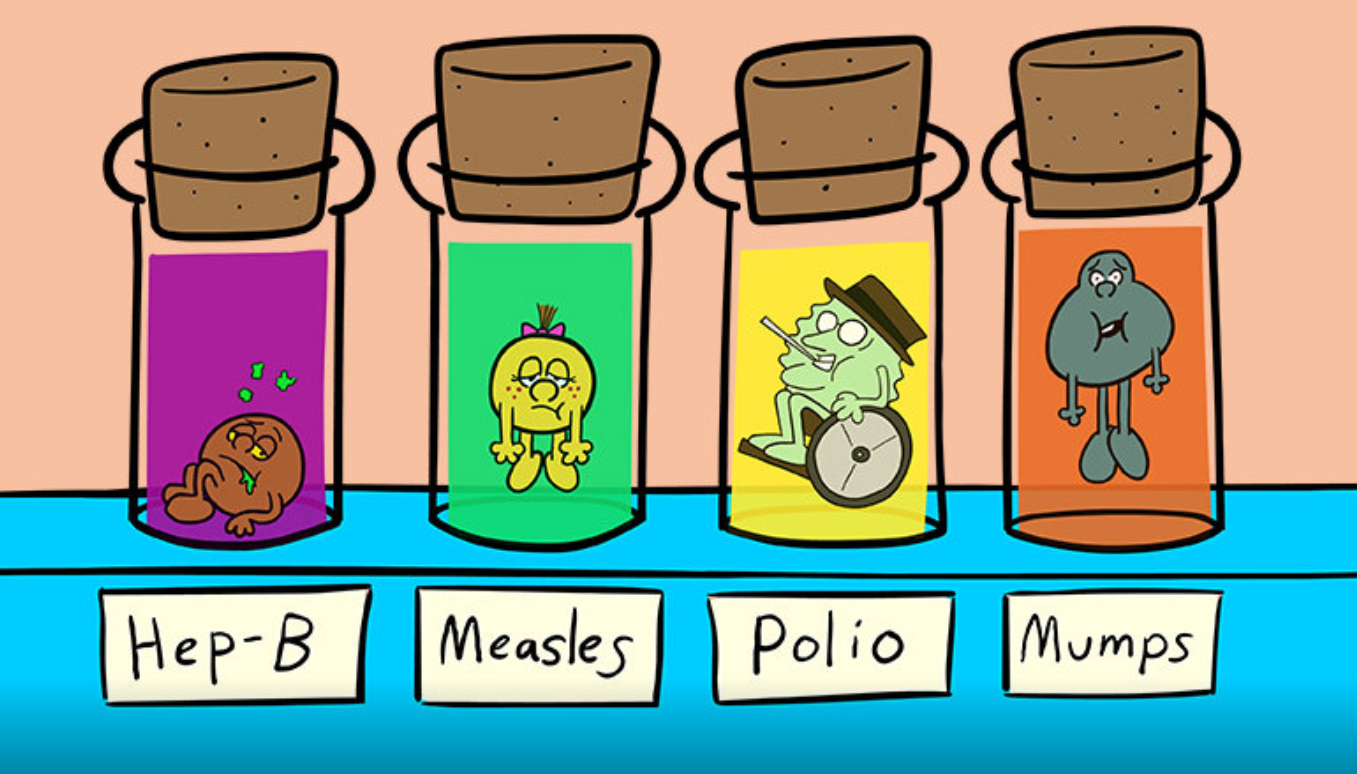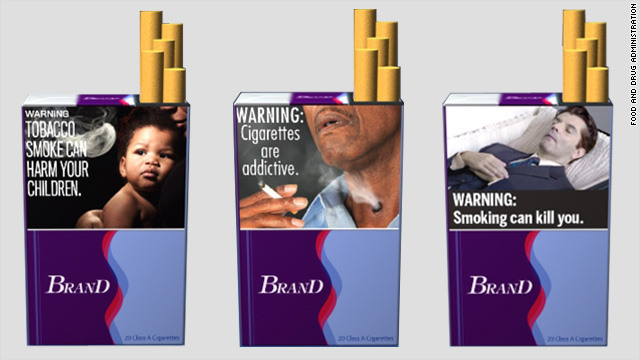Graphic ads coming to cigarettes, a diabetes test for Caucasians, talk about a sensitive issue, and more
12 Mar 2019
Posted by Andrew Kantor
Quick flu update: It ain’t over
Not only is the flu still going strong across the country, the CDC says the season probably hasn’t peaked yet. That’s thanks in part to this year’s “double-barreled influenza outbreak” of both H1N1 and H3N2 strains.
At least 17 Georgians have died from the flu this year, and more than 1,200 have been hospitalized according to the DPH.
Must-see video
The New York Times presents “Fool House Rock: Anti-Vaxx Fallacies” — a Schoolhouse Rock for 2019.
Measles is appearing in the U.S. at the highest rate in more than a quarter century.
Learn point-of-care testing with GPhA and NACDS
Patients who use point-of-care “at home” tests need you. Don’t send them home without a helping hand. Learn how you can help them take control of their health with these tests, from throat swabs to finger sticks … and how to best advise them when they show you the results.
We’ve got a half-day course that, combined with the home study, can earn pharmacists 20 hours of CPE. (Techs can earn the certificate, but not the CE).
Check out the NACDS “Community Pharmacy-based Point-of-Care Testing Certificate Program” at GPhA.org/pointofcare.
March 16, 2019
1:00 to 5:00 p.m.
GPhA Headquarters, Sandy Springs (map)
Pharmacist who can’t give injections wins ADA suit
A Walmart pharmacist in Washington State with cerebral palsy and multiple sclerosis was awarded about $1 million in wages, future wages, and compensation for emotional distress after the company fired her because she could not give vaccinations. The jury found Walmart violated the Americans with Disabilities Act.
The company is considering an appeal, saying “being able to provide immunizations is a valid essential job function for pharmacists.”
Court to FDA: You’ve waited way too long
Almost 10 years ago, a new law required that cigarette packages have large, graphic warnings on them. The FDA still hasn’t implemented it (but said it would by May, 2021). Now a federal judge has said that no, a decade is already too long — the agency has to issue the final graphic-warnings rule by March 15, 2020.
Free CE on “Medication Benefits and Burdens”
The good folks at the Quality Innovation Network National Coordinating Center are offering a free 1.5 hour CPE course, “Finding the Balance Between Medication Benefits and Burdens: Implementing Appropriate and Safe Prescribing.”
It’s on Wednesday, April 10 from 3:00 – 4:30 p.m.
Topics will include approaches to safe prescribing and medication discontinuation practices and a patient perspective on the importance of safe and effective medication management. This event will address various approaches and resources available to you or your patients.
Click here for more info (PDF) — the course is free but you need to register.
Caucasian diabetes test
23 and Me — you know, the genetic testing company — will start offering to tell its customers if they’re at higher risk for type 2 diabetes. Unfortunately, because of the baseline the company used, the test works best for (as Wired put it), “skinny white people.”
Because polygenic scores perform best for people with the same ethnic background as the DNA data used to train the algorithms, 23andMe’s new diabetes test isn’t as accurate for folks of non-European ancestry. It performs especially poorly for black Americans—barely better than a coin flip.
What a coincidence
Raspberries, says the study, might help with glucose control. Cool — that’s just the kind of “Who knew?” story we like. Until, that is, we read the kicker: “The study was funded by the National Processed Raspberry Council.” (Even better is the disclosure: “The authors declared no conflict of interest.”)
IBD gets “a punch to the gut”
Researchers have found a way to (potentially) treat inflammatory bowel disease without treating the inflammation directly. Instead, they’ve discovered a compound that turns off a particular gene — one that is apparently turned on at sites of intestinal inflammation and damage. They like this approach because “Only a fraction of patients with inflammatory bowel disease (IBD) respond to therapy.”
“We found a unique target that’s not an inflammatory molecule, and yet blocking it reduces inflammation and signs of disease, at least in mice. If further research bears out our findings, we think this target could be helpful to a greater number of patients.”
Elsewhere update: Louisiana’s “Netflix for Hep C” seems to be working
Back in January, we told you about Louisiana’s plan to cut spending on hepatitis C drugs: Set up a Netflix-style model where the state pays a flat rate for all the treatment it needs for the state’s 39,000 Medicaid and prison patients.
Update: Drug companies seem to like the idea. AbbVie, Gilead, and Merck have all submitted bids to be considered.
Desensitization risk
Sildenafil may be the solution, but the source of the problem might not be what you think. The Guardian reports.




